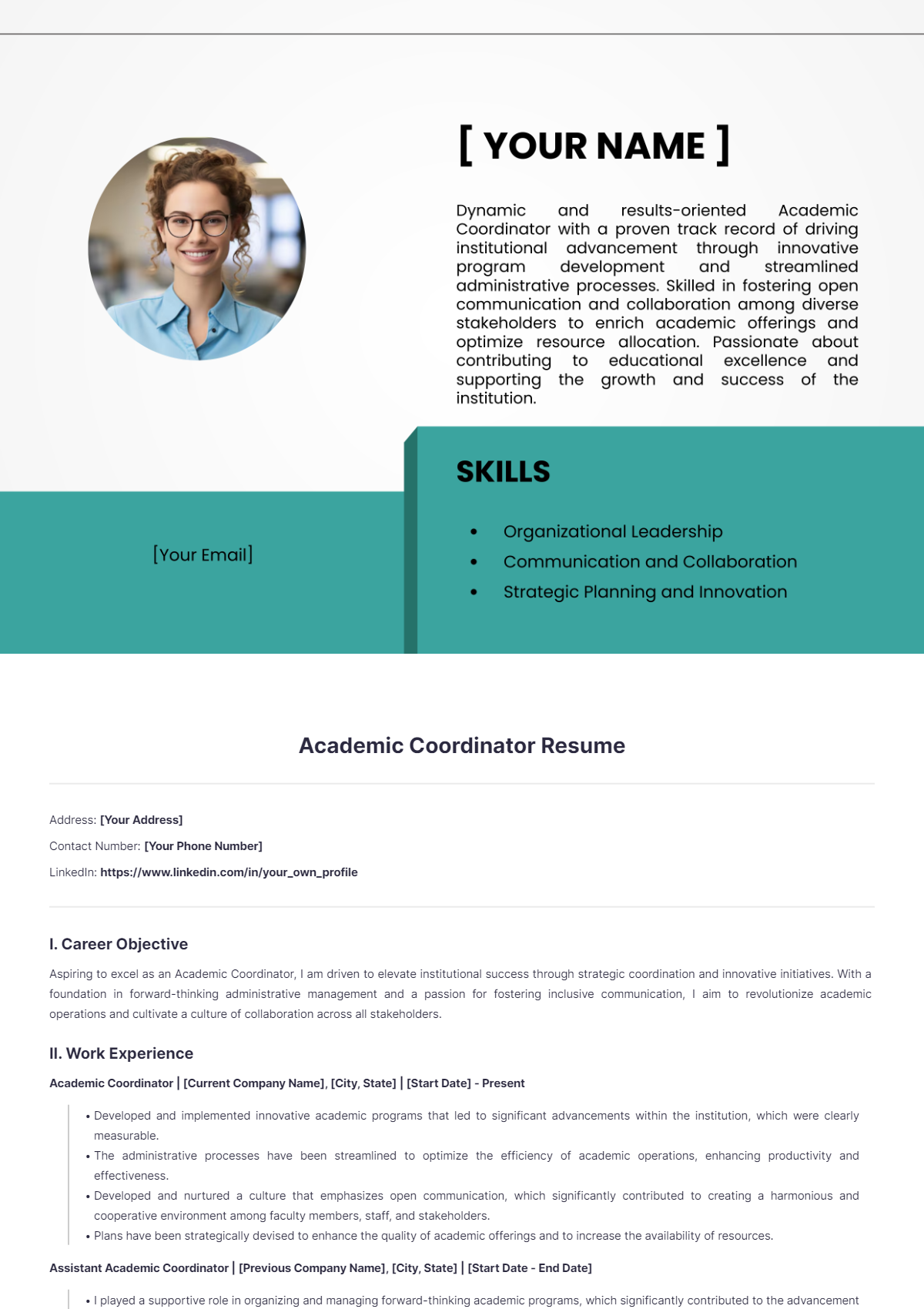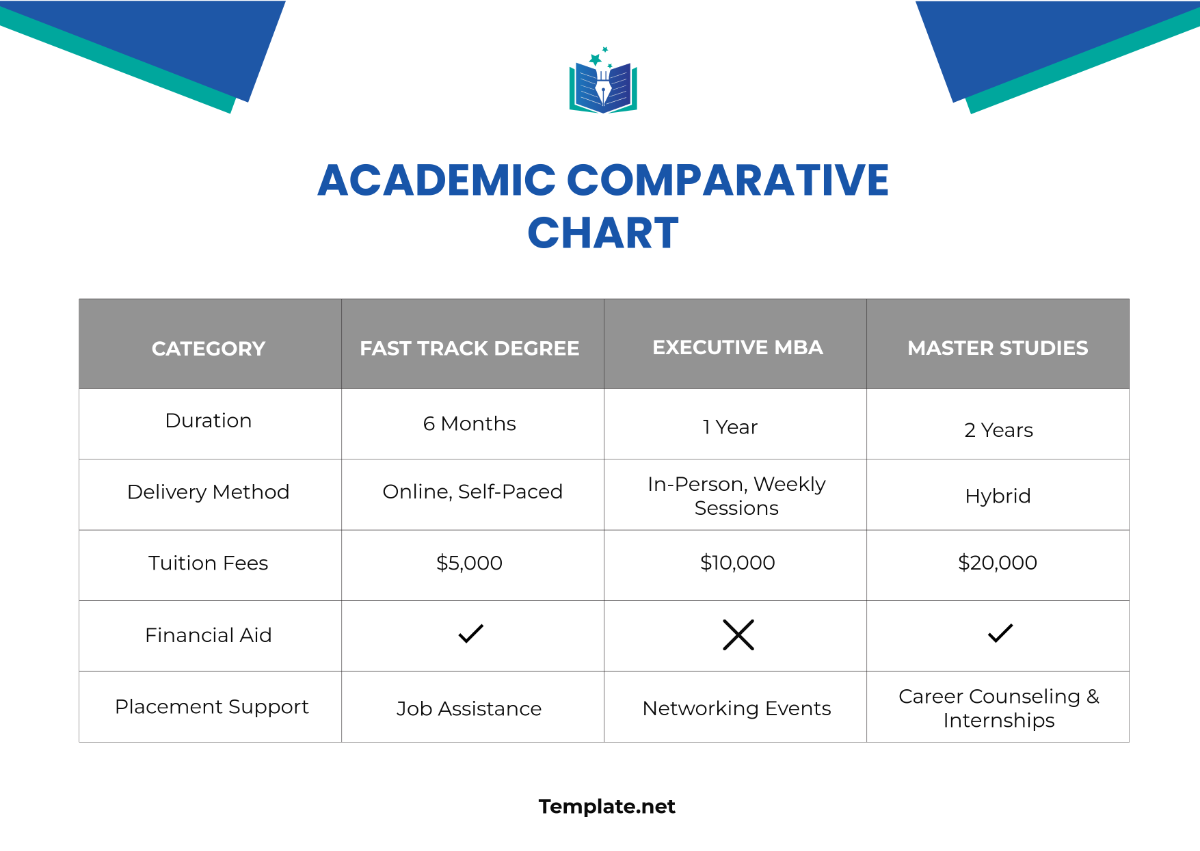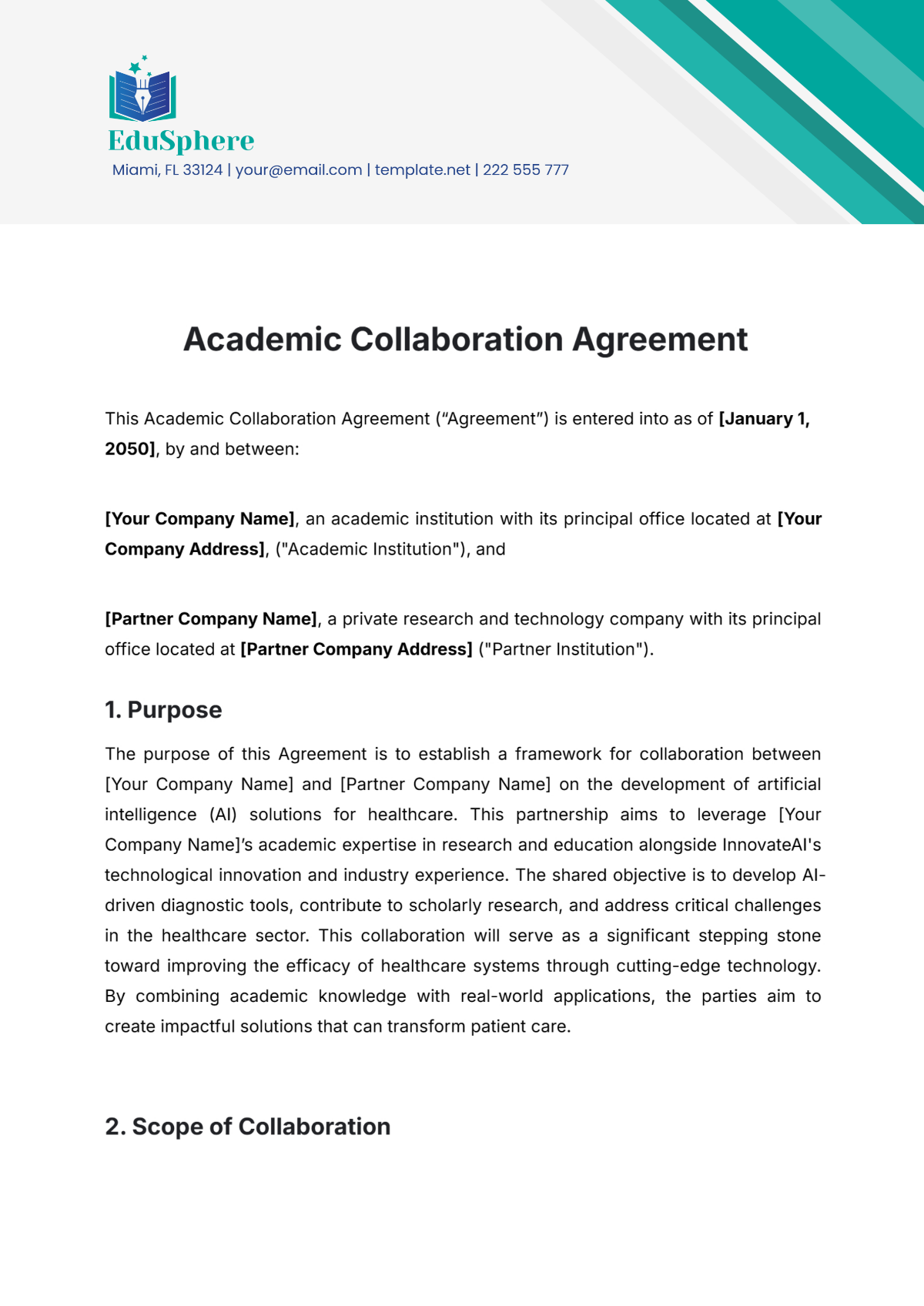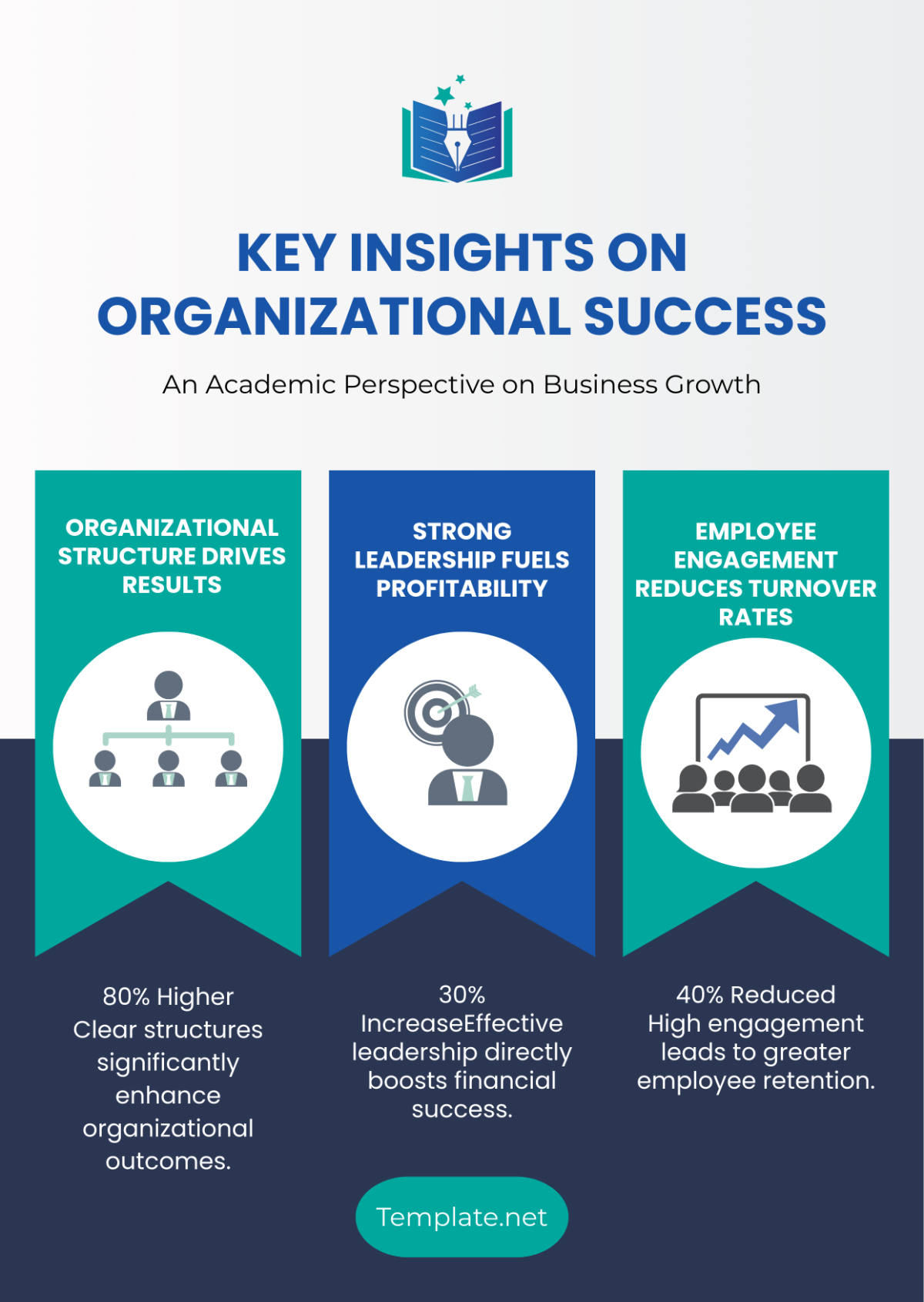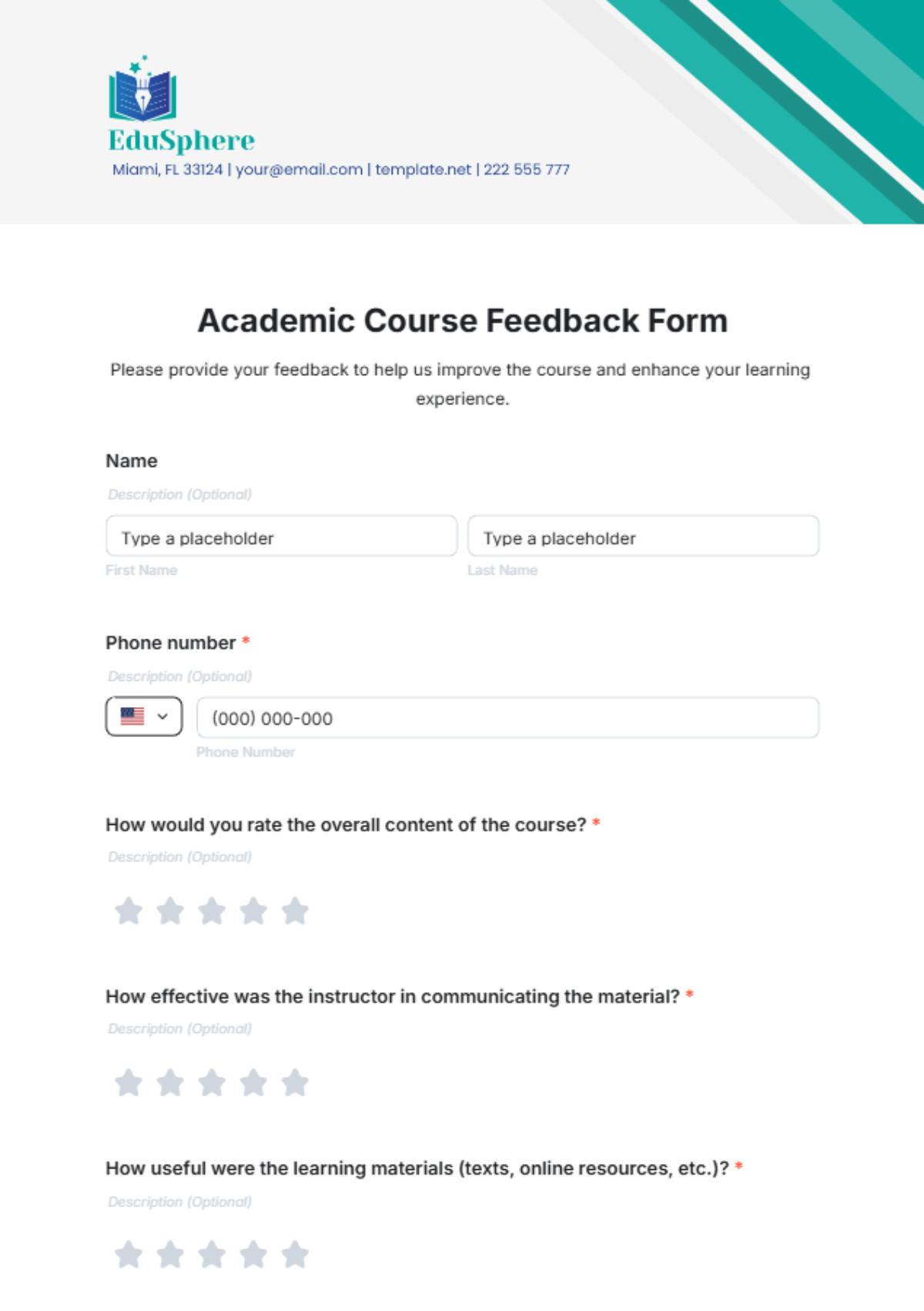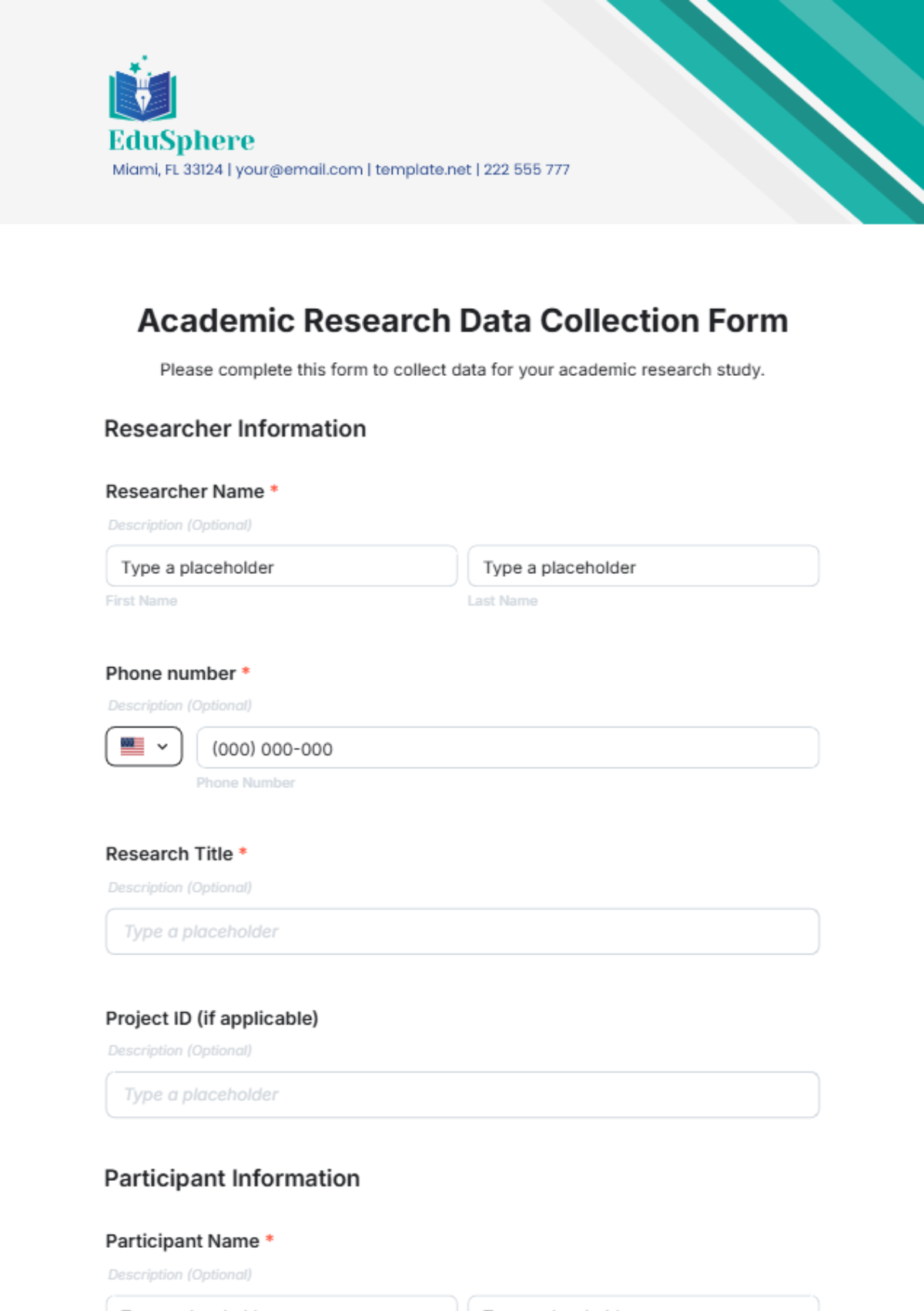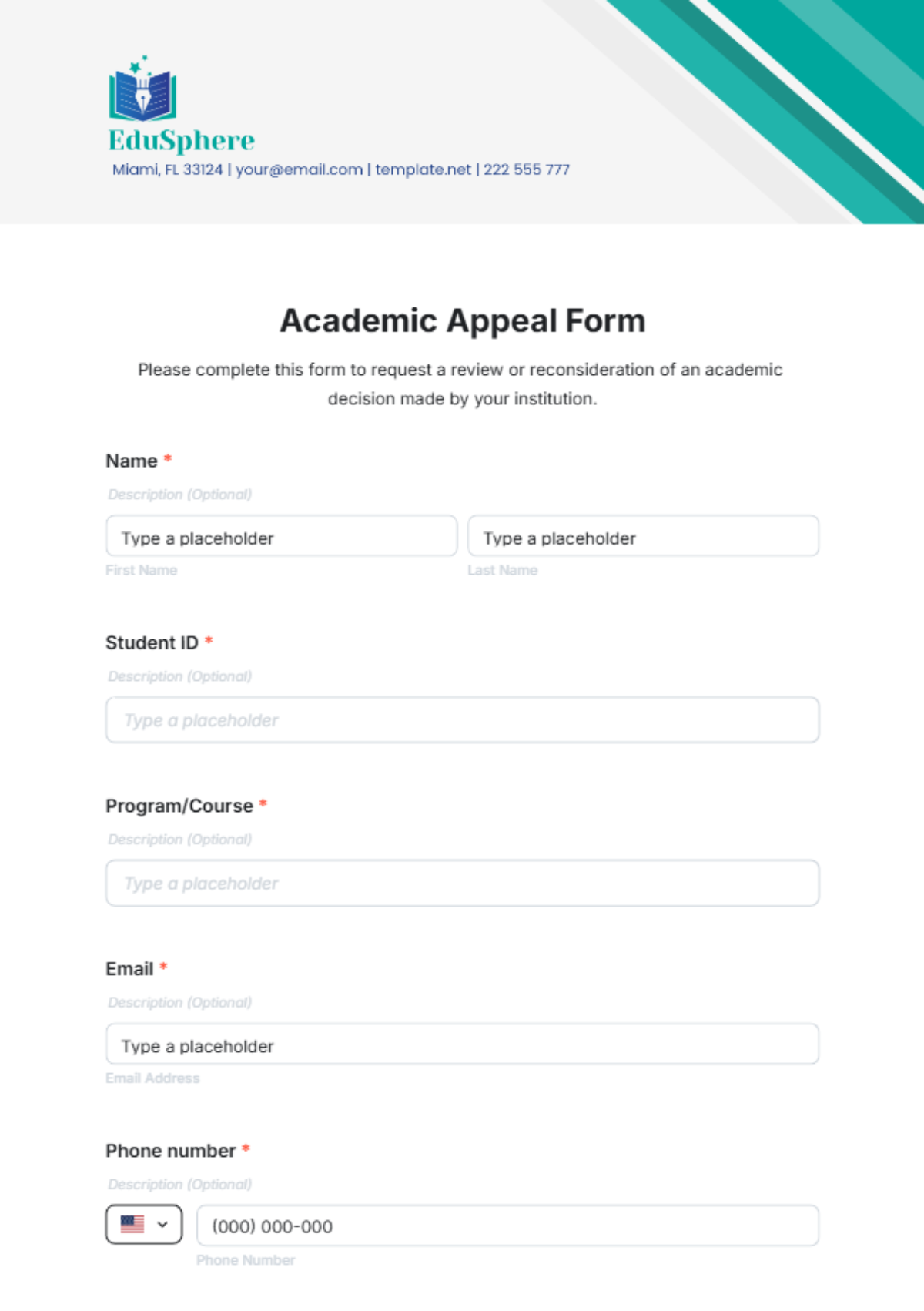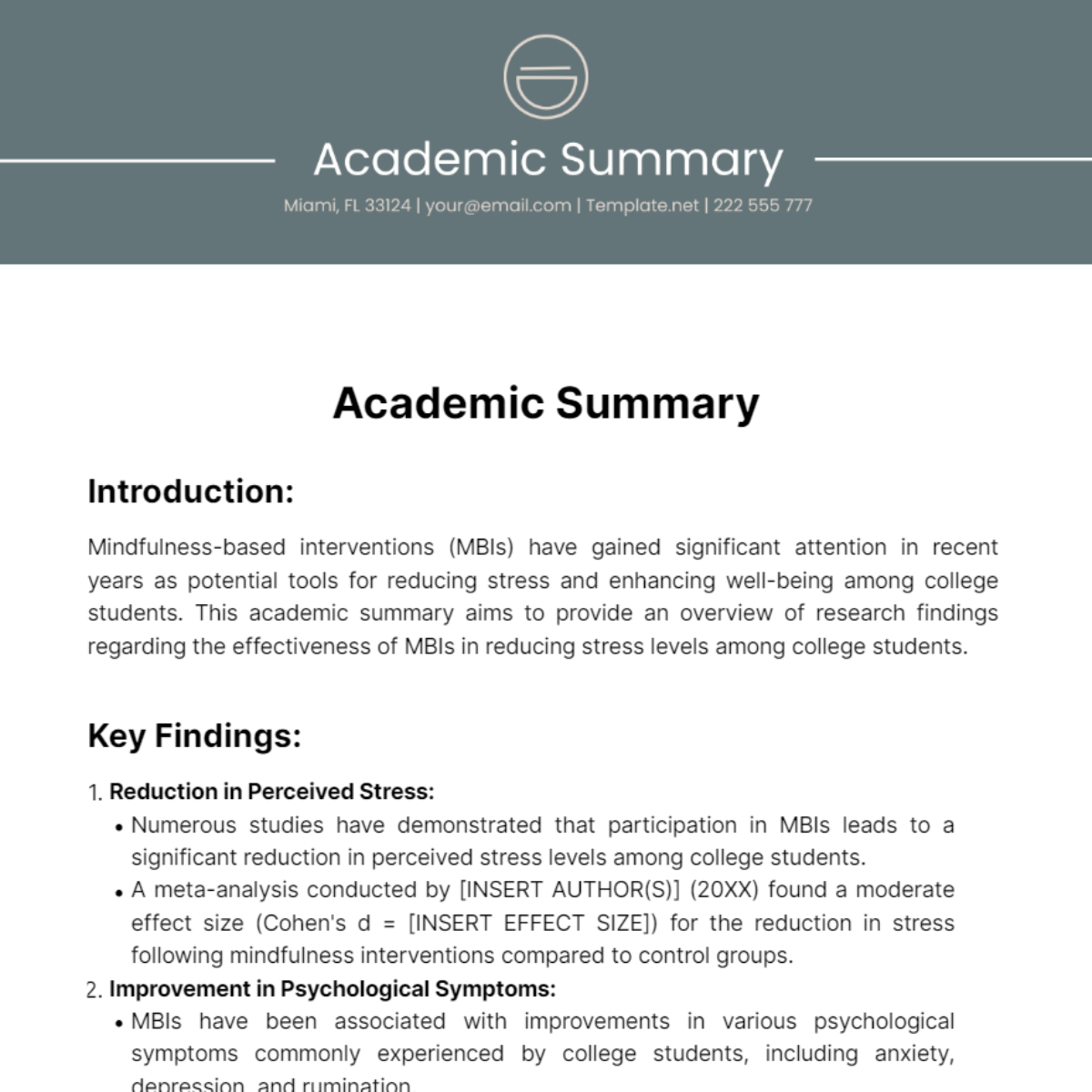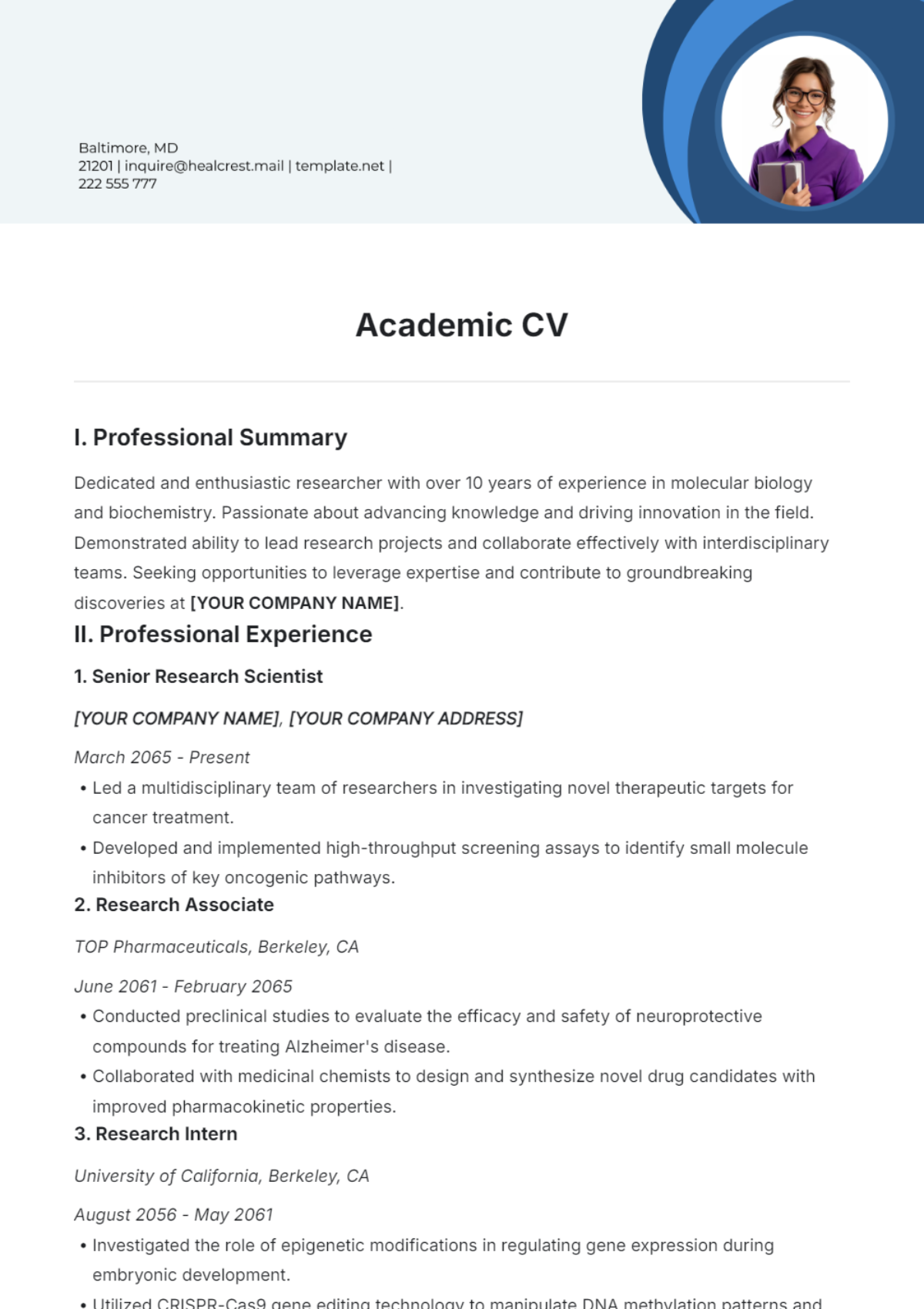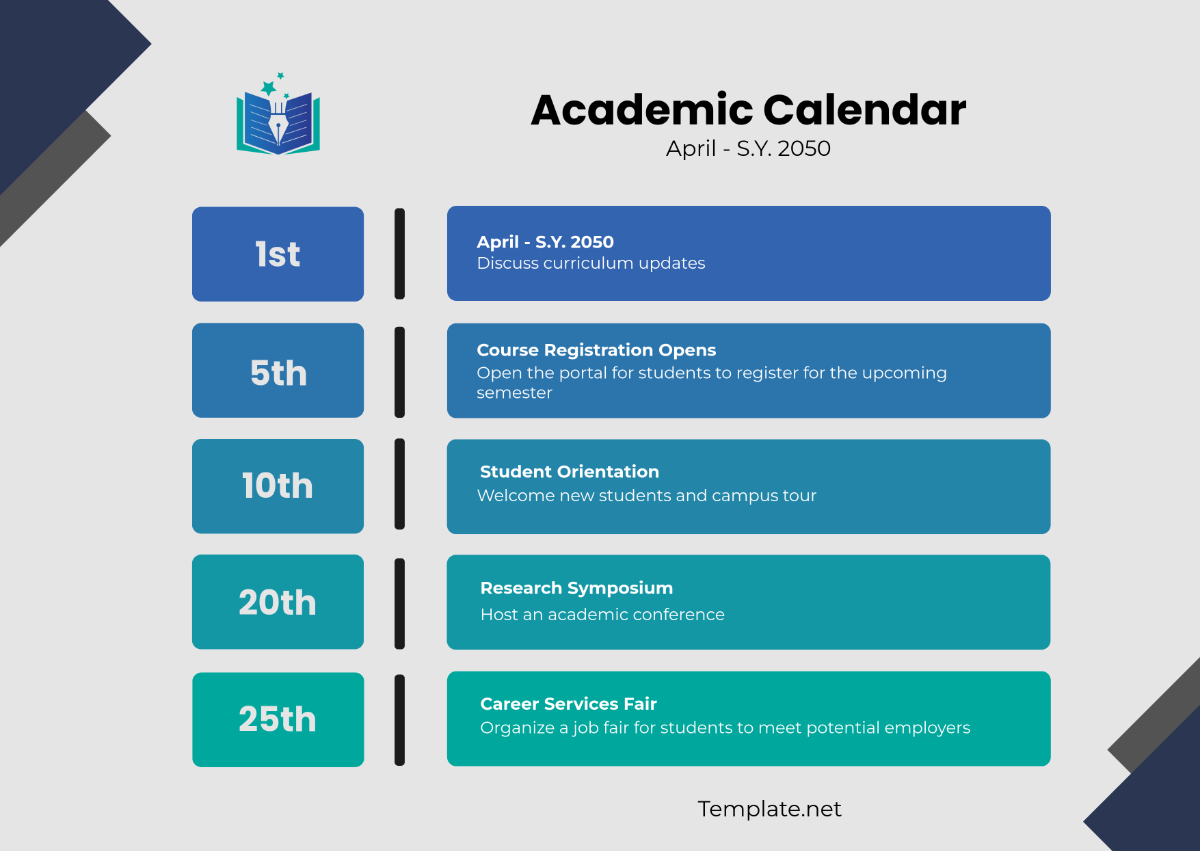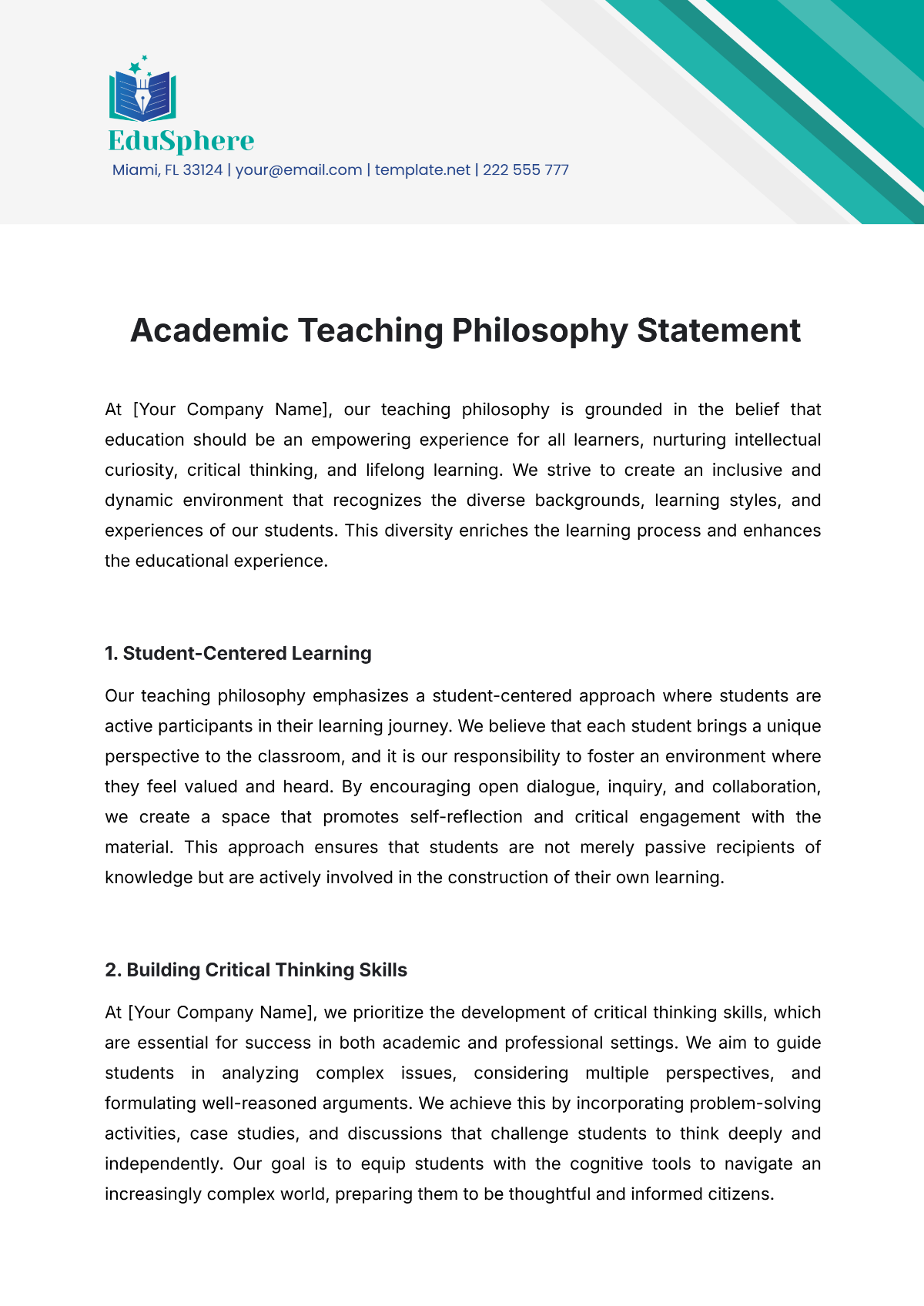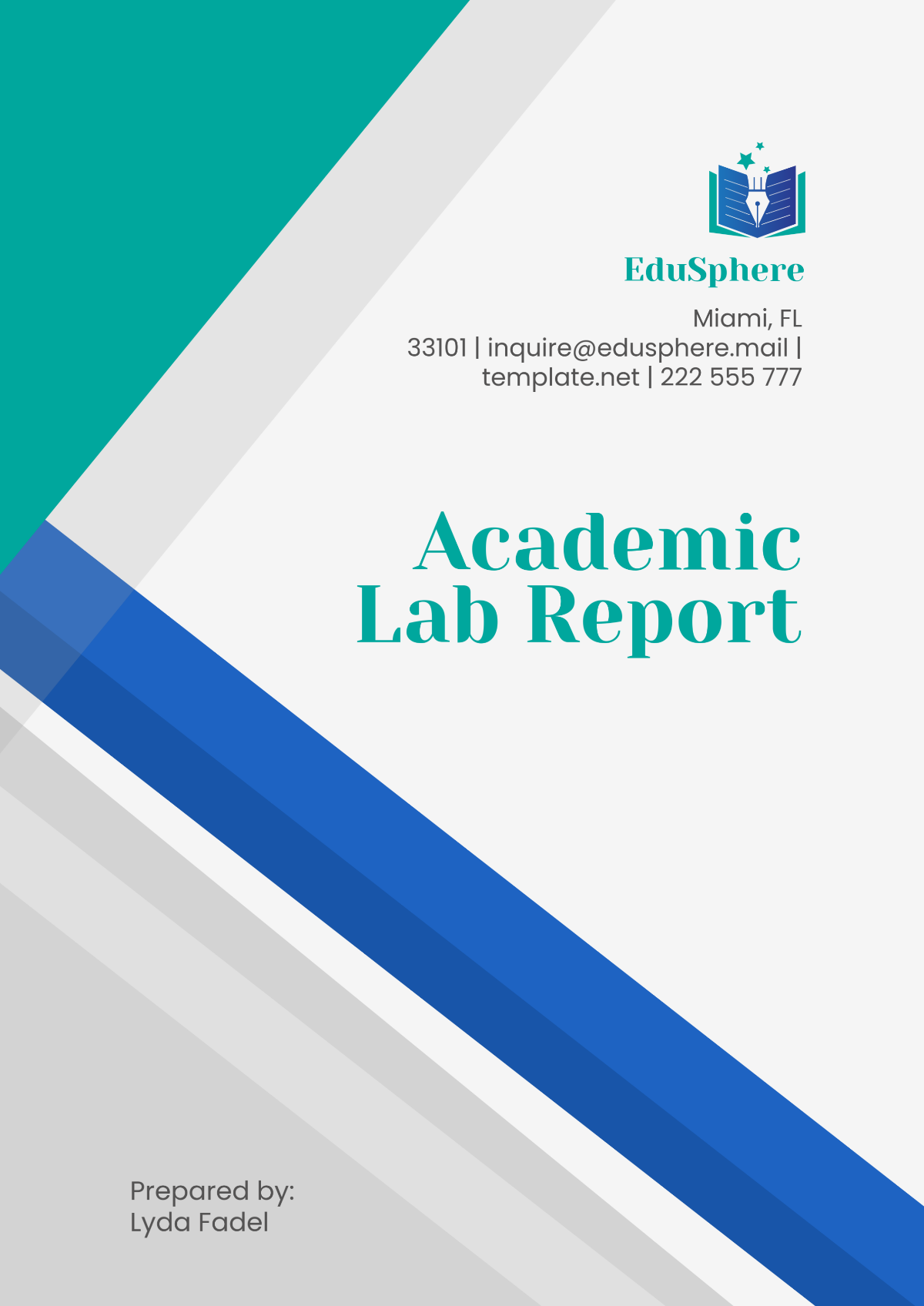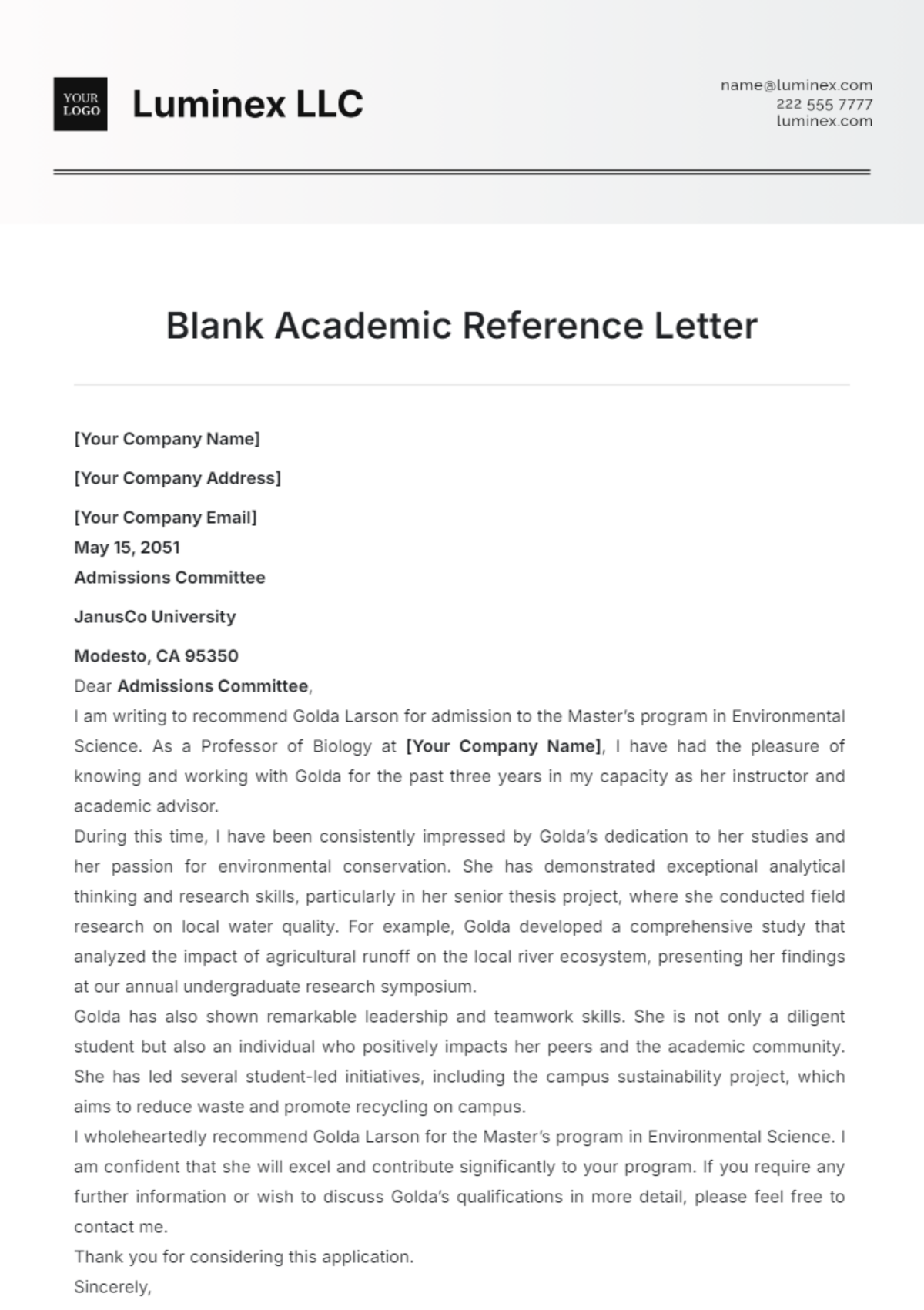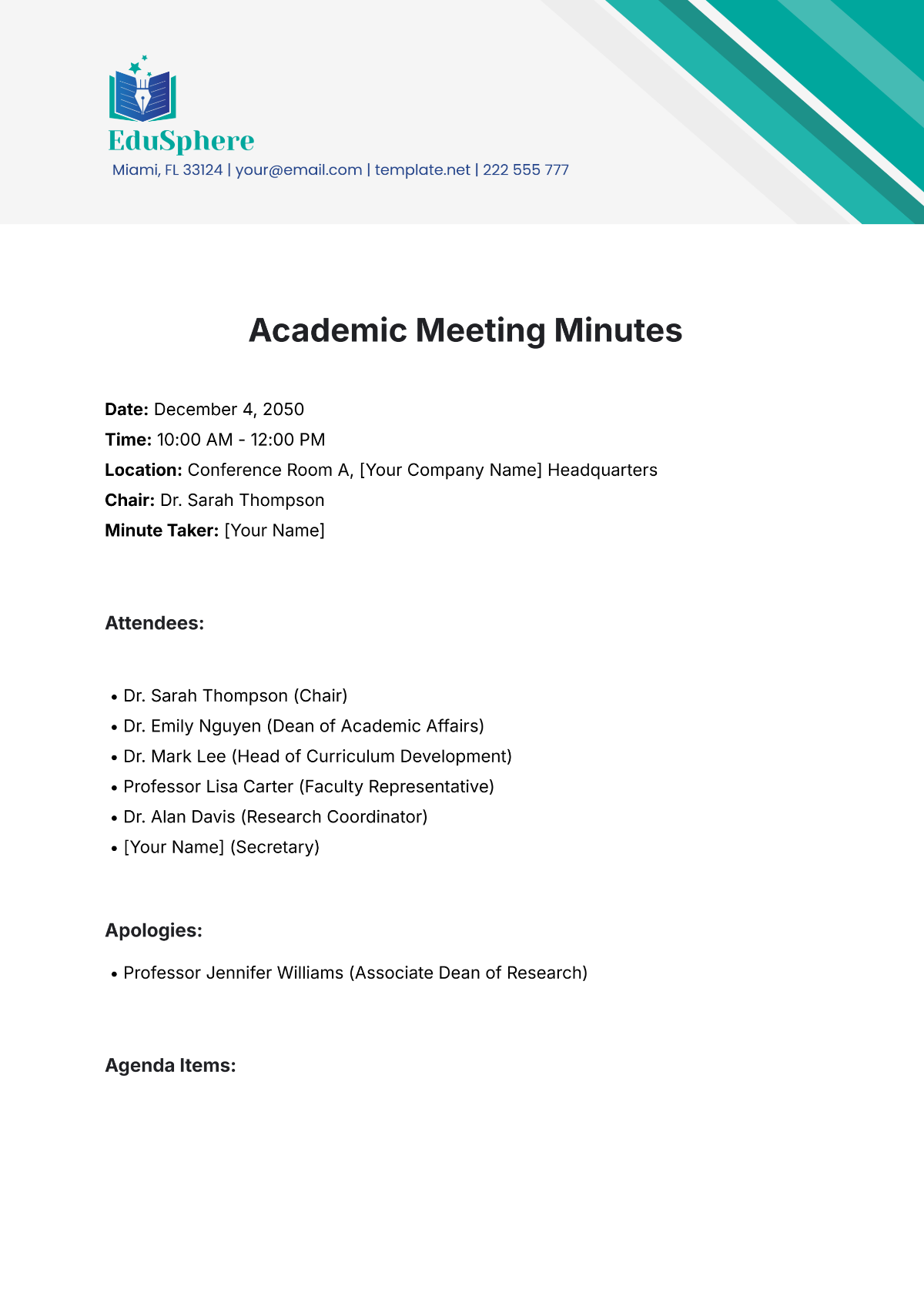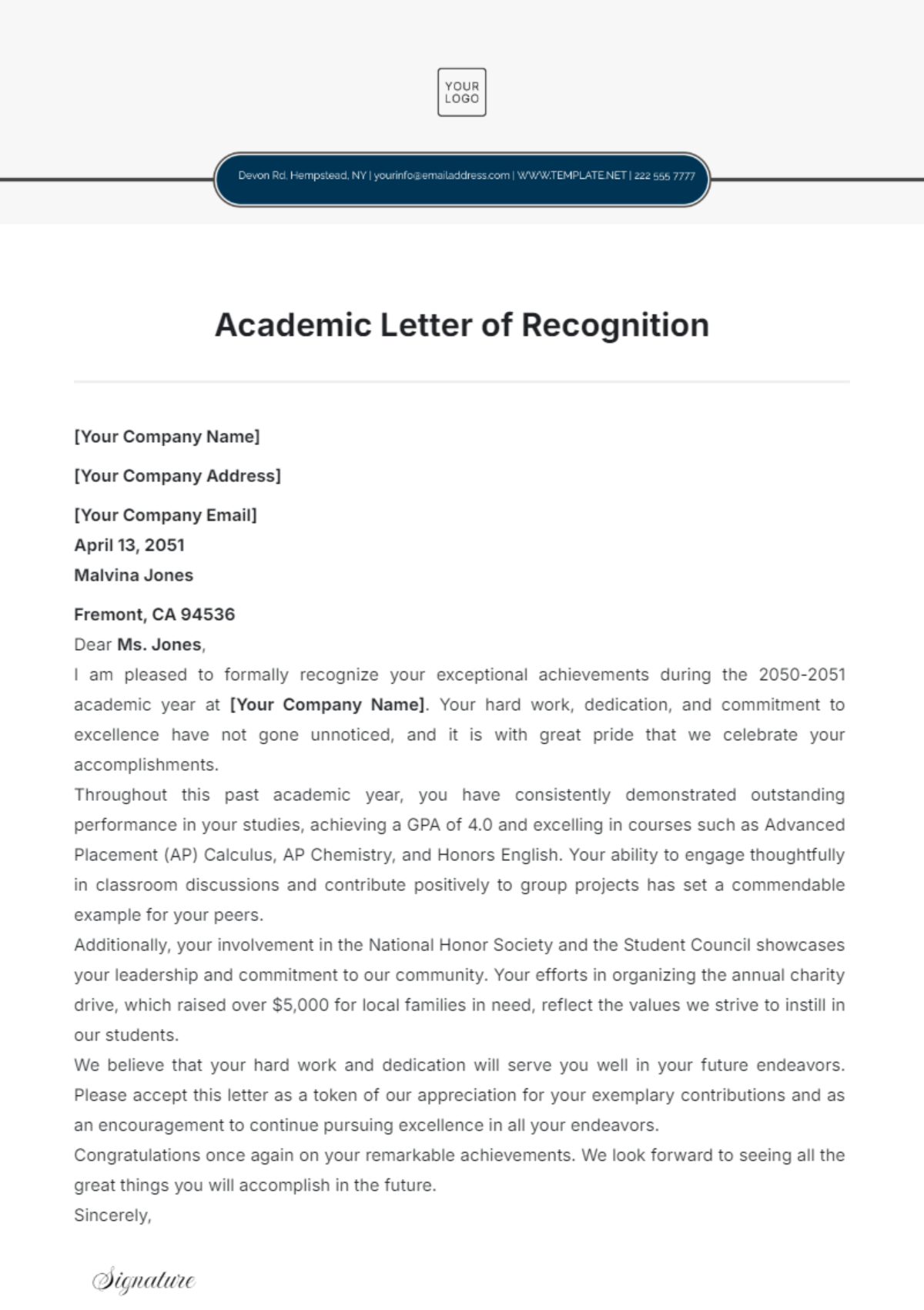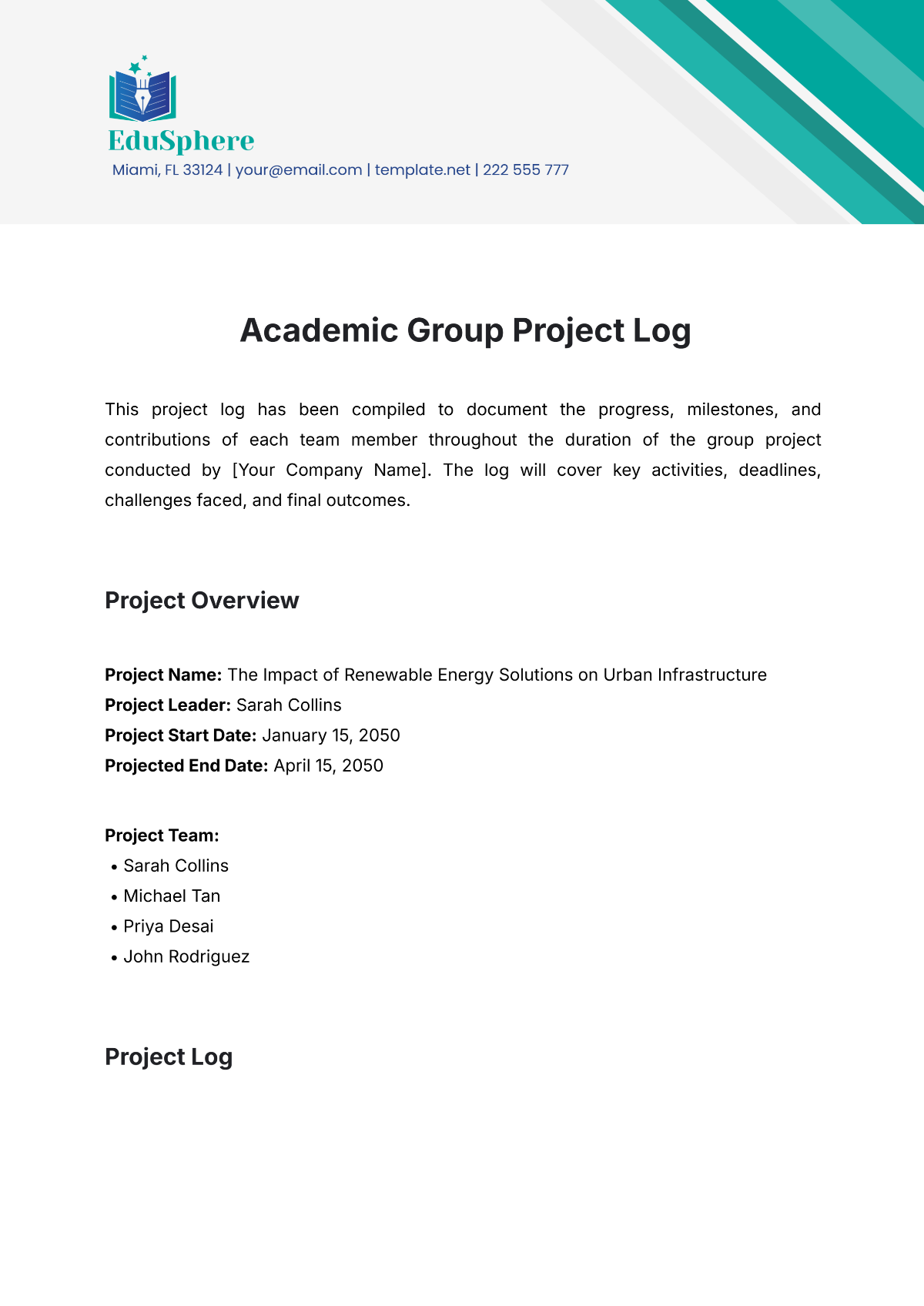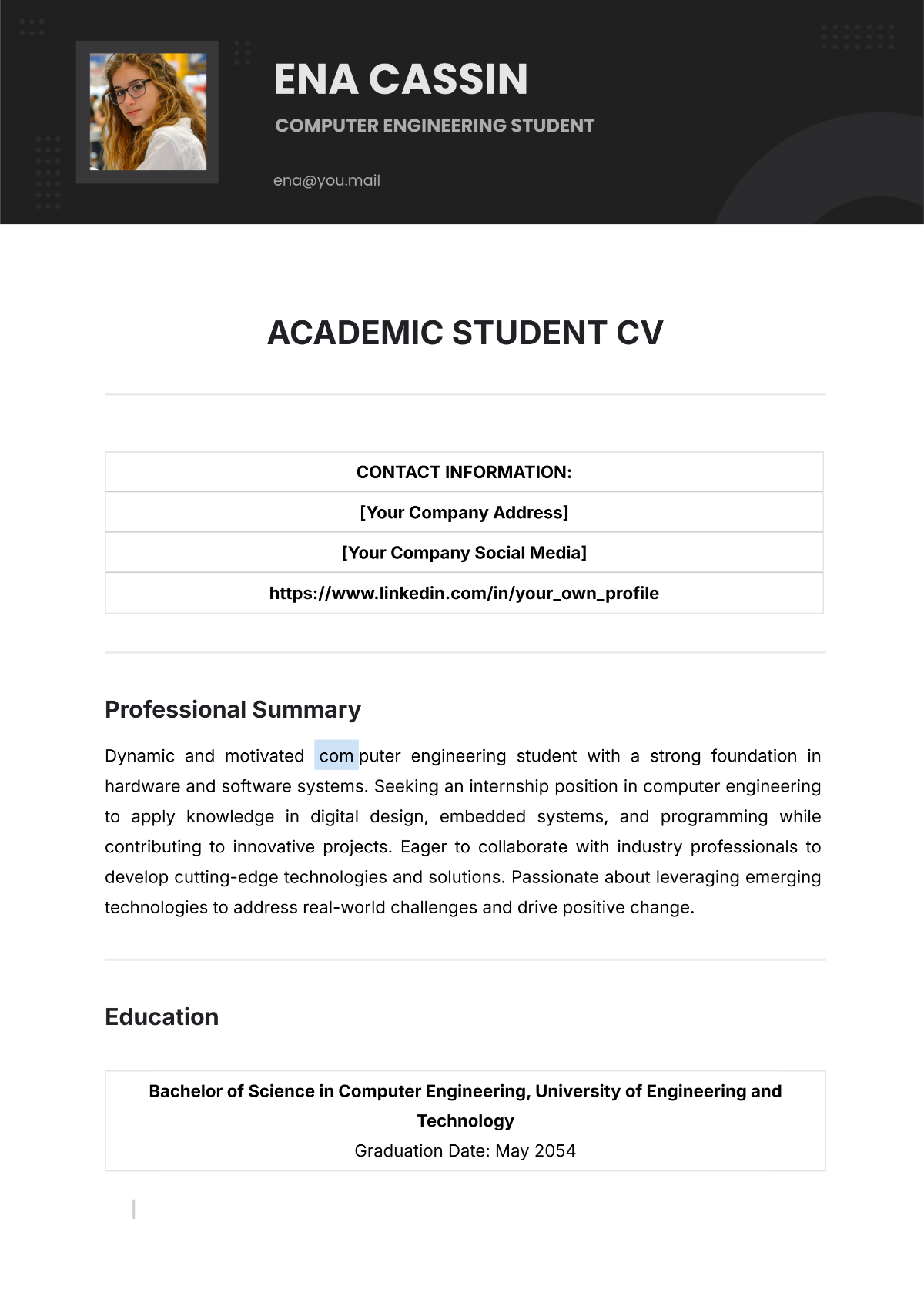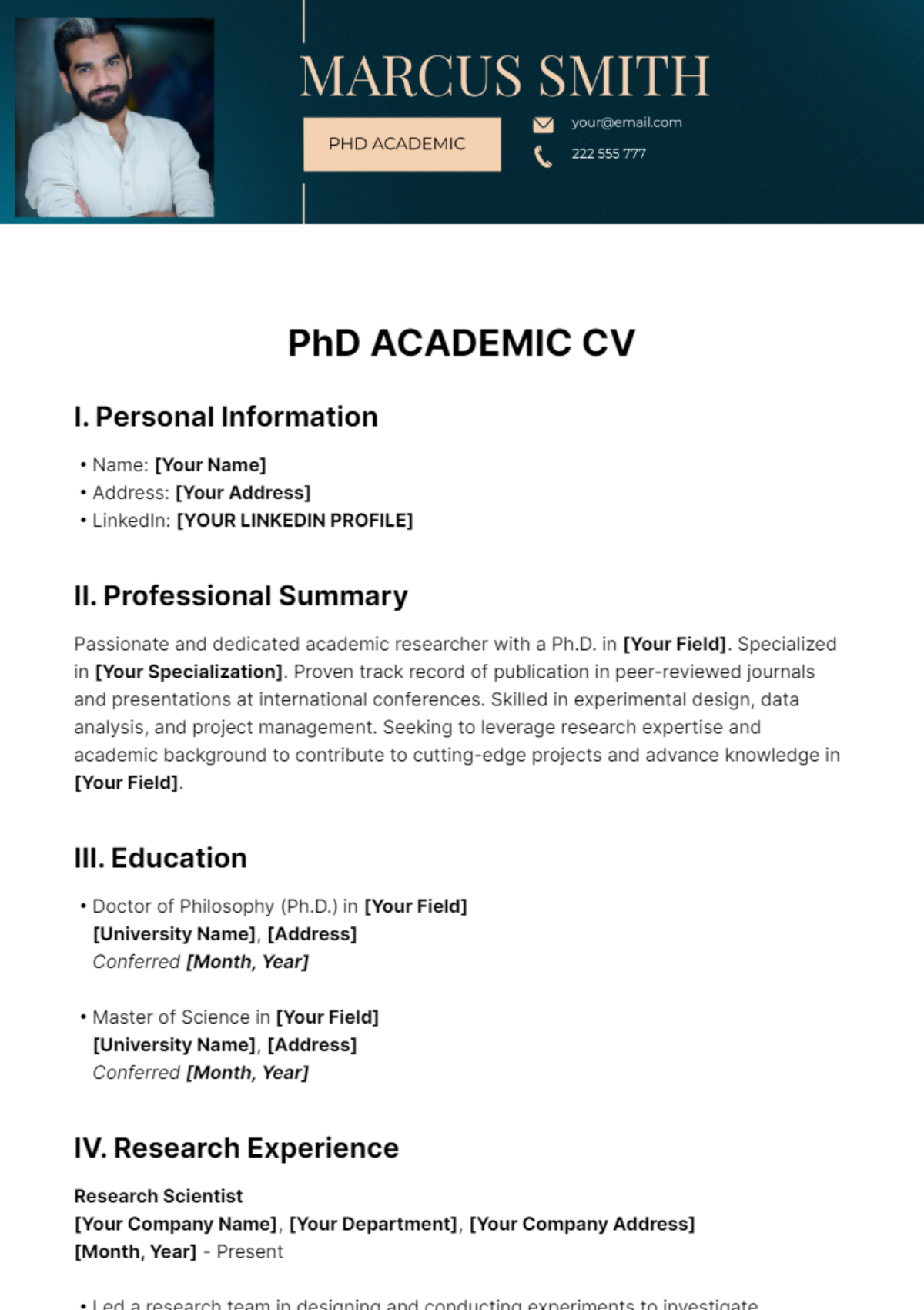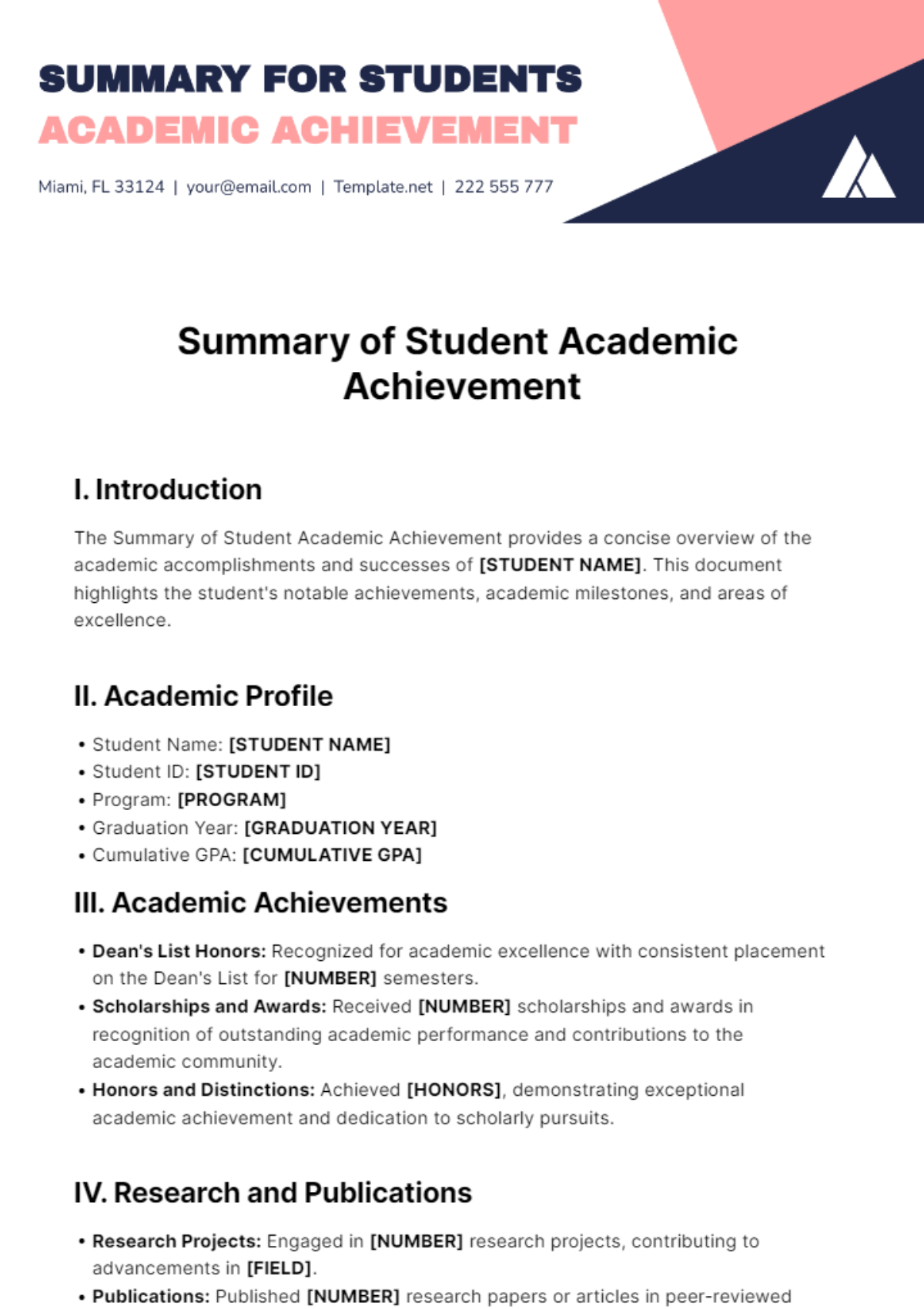Academic Chapter
Author: [YOUR NAME]
Email: [YOUR EMAIL]
Introduction
This chapter delves into the recent developments in artificial intelligence (AI) and their impact on healthcare applications. By reviewing current research, we aim to highlight significant advancements and their implications for improving patient outcomes and operational efficiency in the medical field.
1. Background and Context
1.1 Historical Overview
Artificial intelligence in healthcare has transitioned from basic diagnostic tools to sophisticated predictive algorithms. Early systems focused on data management, while contemporary AI applications enhance diagnostics, treatment planning, and personalized medicine.
1.2 Key Theoretical Frameworks
Theoretical frameworks like the Bayesian Network Theory and Deep Learning Models have guided AI research in healthcare. These frameworks provide essential methodologies for developing algorithms that can analyze complex medical data and make accurate predictions.
2. Recent Research Developments
2.1 Major Findings
Recent studies have revealed several key findings:
Study by Dr. Emily Carter (2051): AI-driven diagnostic tools have improved early detection rates for several cancers.
Research by Dr. Liam Johnson (2052): Predictive models for patient readmission have significantly reduced hospital re-admission rates.
Study | Author(s) | Year | Key Findings | Implications |
|---|---|---|---|---|
AI for Cancer Detection | Dr. Emily Carter | 2051 | AI tools improved early cancer detection | Enhances early intervention |
Predictive Readmission Models | Dr. Liam Johnson | 2052 | Reduced hospital readmission rates | Lowers healthcare costs |
AI in Personalized Medicine | Dr. Ava Brown | 2053 | Tailored treatments based on genetic data | Increases treatment efficacy |
Healthcare Chatbots | Dr. Noah Smith | 2054 | Effective in managing patient inquiries | Reduces administrative burden |
Wearable Health Tech | Dr. Mia Williams | 2055 | Continuous monitoring improves outcomes | Enhances chronic disease management |
AI in Drug Discovery | Dr. Lucas Davis | 2056 | Accelerated drug development processes | Speeds up availability of new treatments |
Radiology AI Tools | Dr. Olivia Green | 2057 | Higher accuracy in imaging diagnostics | Improves diagnostic precision |
AI in Mental Health | Dr. Ethan Martinez | 2058 | AI models aid in early detection of mental health issues | Supports proactive mental health care |
Genomic Data Analysis | Dr. Sophia Lee | 2059 | Advanced insights from genomic data | Advances personalized medicine |
2.2 Emerging Trends
Emerging trends include the integration of AI in genomics and real-time health monitoring through wearables. These advancements are expected to enhance personalized treatment plans and improve the efficiency of healthcare delivery.
3. Methodological Approaches
3.1 Quantitative Methods
Quantitative research in AI for healthcare often uses statistical modeling and machine learning algorithms. These methods allow for large-scale data analysis and provide empirical evidence of AI’s effectiveness in various applications.
3.2 Qualitative Methods
Qualitative research methods such as case studies and interviews offer insights into the practical implementation of AI technologies. They help understand the real-world challenges and benefits from the perspectives of healthcare professionals and patients.
4. Implications for Practice
4.1 Policy Recommendations
To maximize the benefits of AI in healthcare, policy recommendations include:
Investing in AI research and development to support innovation.
Establishing ethical guidelines for AI use to ensure patient privacy and data security.
4.2 Practical Applications
AI advancements have practical applications such as:
Enhanced diagnostic tools that provide quicker and more accurate results.
Predictive models that help in personalizing treatment plans and reducing hospital readmissions.
Conclusion
This chapter has outlined the recent advancements in AI within the healthcare sector, emphasizing key research findings and their practical implications. Continued exploration and implementation of AI technologies are essential for advancing patient care and optimizing healthcare operations.
Company Name: [YOUR COMPANY NAME]
Company Number: [YOUR COMPANY NUMBER]
Company Address: [YOUR COMPANY ADDRESS]
Company Website: [YOUR COMPANY WEBSITE]
Company Social Media: [YOUR COMPANY SOCIAL MEDIA]








